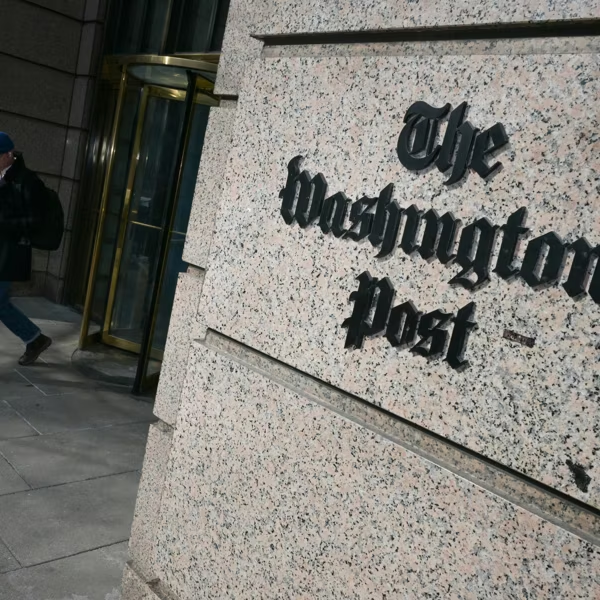Following public outrage expressed when it was first discovered last year, the Associated Press took legal action against the Department of Justice on Thursday for the FBI's failure to come clean about details surrounding its decision to impersonate an AP reporter as part of a covert investigation.
AP filed the suit with the Reporters Committee for Freedom of the Press (RCFP) after the DOJ repeatedly refused to comply with open records requests for documents related to the case.
The lawsuit argues that AP and the Reporters Committee "are statutorily entitled to disclosure of these records, which they seek so that they may inform the public about the nature and extent of the FBI's impersonation of journalists and news organizations. Defendants have improperly withheld the records requested by Plaintiffs in violation of the law and in opposition to the public's strong interest in obtaining information regarding a law enforcement practice that undermines both the credibility and independence of the news media."
As the RCFP recounts:
The lawsuit stems from an FBI operation in 2007, during which agents created and published a fake AP news story in order to trick a criminal suspect into downloading surveillance software onto his computer, software that enabled the Bureau to track the suspect's location.
When the FBI's impersonation of the AP came to light in October of 2014, the Reporters Committee and 25 news organizations immediately sent a letter to the attorney general and FBI director calling it "unacceptable." AP also wrote to the attorney general protesting the FBI's use of a fabricated AP news story "in the strongest possible terms."
As Common Dreams reported at the time, FBI Director James Comey defended the agency's action. That technique was proper and appropriate under Justice Department and [FBI] guidelines at the time," he said last year. Today, the use of such an unusual technique would probably require higher-level approvals than in 2007, but it would still be lawful and, in a rare case, appropriate."
The news agency, however, took a much different view. "The FBI both misappropriated the trusted name of The Associated Press and created a situation where our credibility could have been undermined on a large scale," AP general counsel Karen Kaiser said in a 2014 letter to then-Attorney General Eric Holder.
In addition to the details of the 2007 case, the AP has requested further documentation regarding possible other examples of the FBI using the names of media outlets as cover or posing as journalists during investigations. None of the requests have been answered.
"We cannot overstate how damaging it is for federal agents to pose as journalists," said Reporters Committee litigation director Katie Townsend. "This practice undermines the credibility of the independent news media and should not be tolerated. Yet, while the public is interested in knowing more about the FBI's use of this tactic, the FBI seems determined to withhold that information. We have no choice but to look to the court for relief."
As AP notes, Thursday's filing marked the second time the news agency sued the federal government this year. In March, the news organization sued the State Department to force the release of email correspondence and government documents from Hillary Rodham Clinton's tenure as secretary of state. The case, involving unfulfilled FOIA requests dating back as long as five years, is ongoing.



